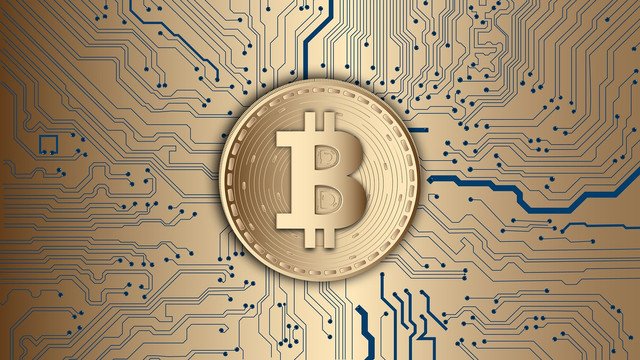What is Bitcoin and how could it change the future of currency?
Bitcoin is a cryptocurrency, a digital asset designed to work as a medium of exchange that uses cryptography to control its creation and management. It was invented in 2008 by an anonymous person or group known as Satoshi Nakamoto.
Bitcoin is a decentralized currency, meaning it is not controlled by any central authority such as a government or bank. Rather, it is backed by the people who use and buy it. It can be used to make purchases online or in physical stores, as well as to transfer money between individuals.
There are several reasons why bitcoin may not be suitable for you, such as not having enough money to invest in bitcoins, fearing that hackers will steal your bitcoins, or worrying that someone else will have access to your bitcoins if they find out about them.
Bitcoin is a virtual currency, and one of the most interesting things you should know about it is its growing popularity. It is not only a popular topic among technology enthusiasts, but also among economists and bankers who are trying to understand its role in the modern global economy. Bitcoin has become one of the best investments that many people around the world have made financially and psychologically in recent years, providing many investors with personal and financial gains that they would not have otherwise obtained thanks to this technological innovation.
The Bitcoin network is peer-to-peer and transactions are carried out directly between users without intermediaries. These transactions are verified by the network nodes through the use of cryptography and recorded in a publicly distributed ledger called the blockchain. The ledger uses its own unit of account, also known as Bitcoin. The system operates without a central repository or single administrator, which has led the US Treasury to classify it as a decentralized virtual currency. Bitcoin is often referred to as the first cryptocurrency, although there have been previous attempts at creating digital currencies with ledgers secured by cryptography.
